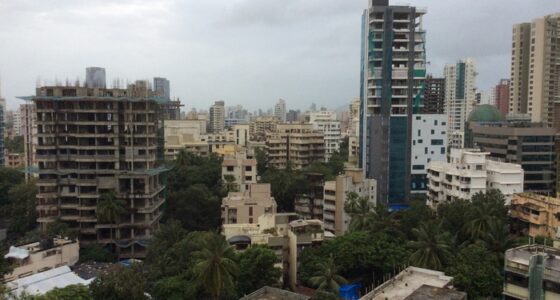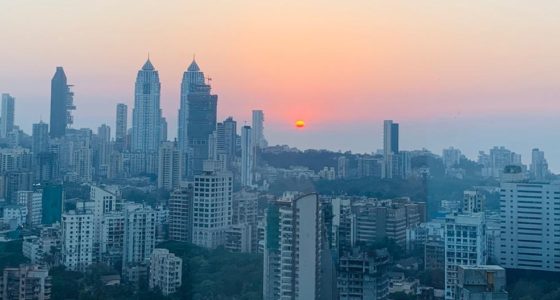Mumbai, December 2024: As 2024 comes to a close, Ritesh Mehta, Senior Director and Head of Residential Services and Developer Initiatives at JLL India, reflects on the evolving trends that have defined the residential real estate market this year. From sustainability to the rise of smart homes, the market has seen a transformative shift, with several key factors influencing property values and buyer preferences.
Sustainable Development Takes Center Stage
Sustainability has become a central theme in India’s real estate sector in 2024. Green building certifications, such as LEED (Leadership in Energy and Environmental Design), are gaining traction as buyers and developers alike prioritize eco-friendly and energy-efficient buildings. Sustainable development is no longer a trend, but a key factor influencing property values, making green buildings more desirable and competitive in the market.
The Rise of Smart Homes and Tech-Integrated Living
Technology-driven homes are on the rise, with an increasing demand for smart homes. Advanced automation systems, including IoT devices that enhance security, energy management, and convenience, are becoming standard features in new residential properties. This shift toward tech-integrated living is responding to the growing consumer desire for enhanced comfort, efficiency, and security in their living spaces.
Affordable Housing Initiatives Gain Momentum
Affordable housing has continued to be a focal point in India’s real estate market. With government policies promoting homeownership for the middle class and first-time buyers, affordable housing options have seen a surge. Lower interest home loans and subsidies are making home ownership more accessible, allowing budget-conscious buyers to enter the market with greater ease.
Evolution of Luxury Real Estate in Metro Cities
The luxury real estate market has undergone significant changes, especially in response to the COVID-19 pandemic. There is now a greater emphasis on spacious layouts, private outdoor areas, and wellness amenities that cater to health and well-being. These changes reflect a shift in buyer preferences, with a focus on comfort and a healthier lifestyle.
Rise of Mixed-Use Developments
Mixed-use developments have gained popularity as urban planning evolves. These developments, which combine residential, commercial, and recreational spaces, are becoming more common in major cities. Offering residents the convenience of having everything they need within walking distance, mixed-use projects reflect the global trend toward creating live-work-play environments.
2024 Market Insights
2024 has been a landmark year for India’s residential market. Sales have surged by 17% compared to the previous year, translating to approximately 85% of the total units sold in 2023. The momentum in the market has been remarkable, with sales in 2024 doubling compared to 2023. This growth signals continued strong demand for residential properties, driven by both affordability and evolving consumer needs.
Outlook for 2025 and Beyond
Looking ahead, India’s housing market is set for a significant transformation by 2025. Rapid urbanization, technological innovations, and changing consumer preferences will drive the sector forward. The housing market is expected to contribute 13% to India’s GDP by 2025, reflecting its resilience and growing importance in the economy.
The residential sector is projected to become a $1-trillion market by 2030, with major growth driven by policy reforms and demographic shifts. Tier II and III cities, such as Jaipur, Indore, and Kochi, are emerging as key growth hubs, with these smaller urban centers expected to account for over 40% of new housing developments by 2025.
Furthermore, the urban homeownership rate is forecasted to rise to 72% by 2025, up from 65% in 2020. This growth is being fueled by affordable financing options and the increasing presence of younger homebuyers, particularly Millennials and Gen Z, who are expected to make up 60% of new homebuyers by 2030.
Sustainability will also continue to play a pivotal role in the residential market. Green-certified buildings, once considered a luxury, are expected to represent 30% of all new residential projects by 2025, doubling from 15% in 2020.
As we move into 2025, the residential market in India is poised for continued growth and transformation, with a strong focus on sustainability, technological innovation, and affordability.
Also Read: Dharavi Redevelopment: 10 Years of No Maintenance









